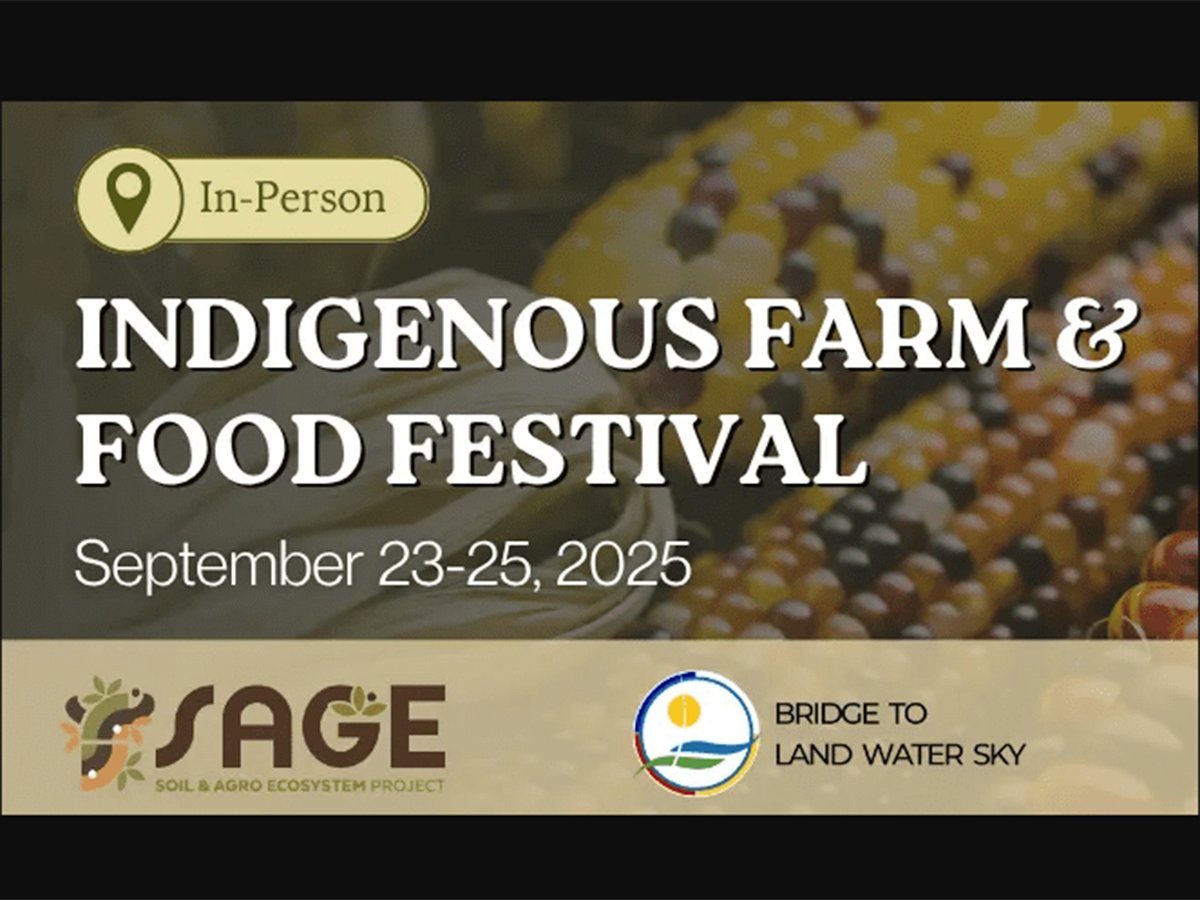My attention turns from a conversation that includes “de-icing the
wings”, “where do you work?” and “how big is the farm economy in
Saskatchewan?” From my window, I see smudges on the earth below.
As I fly from Saskatoon to Calgary and look down from 12,000 metres,
the snow dusting the land appears streaked. It is as if the
checkerboard surface of the prairie is drawn in charcoal and a careless
hand has smudged the image.
I clean my glasses. It doesn’t help.
Read Also

Finding the sweet spot where ag science meets ag culture
Soon, many will look at practices such as seeding marginal acres to forage, growing cover crops and livestock integration and ask why they didn’t do this sooner.
Soil is blowing, carried on prevailing winds. It stains the white
ground with soft, dirty lines. At first it seems the streaks appear
near a hint of summerfallow, an unplanted ridge along a dugout bank, a
corral full of cattle, a road allowance or pasture chewed a little too
short.
“A little more conservation, a bit more planning, a month less grazing;
that soil would have stayed put,” I say to myself.
I change planes in Calgary and head east to Ontario. Such is the nature
of modern travel on the Prairies.
But the smudges grow larger, the space between them smaller.
I know this country. For a decade I have zigzagged across it. I
recognize these communities. In the main, these farmers do take care of
the land. Yet, their land is blowing.
The stain is everywhere, as if a shirt sleeve has been carelessly
dragged across a farmland canvas.
The drifting dirt isn’t everywhere, but in some places it’s severe. A
vast range of land, protected by farmers’ hands, can hold on no more.
Some of this soil blew in during the winters of the early 1980s, when
the soil wasn’t so well protected. It was dry then, but it’s drier now.
Political leaders of all stripes called that ’80s drought a disaster.
Assistance was rendered.
After that, those same leaders told farmers to take better care of the
land. They did. It blows now despite the improved practices that
protect the soil.
Farmers protected the soil but leaders failed to protect farmers from
the winds of international trade.
Either the measure of this drought hasn’t been fully taken or leaders
don’t want to say the words.
When I fly across the prairies again this fall, will some farmers and
their farms be out of the picture?
Will they have been smudged away not so much by drought and wind as by
careless leadership?














